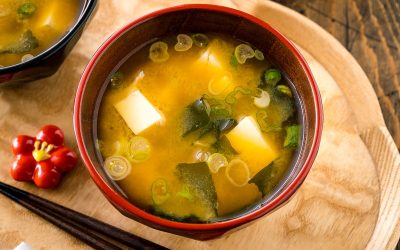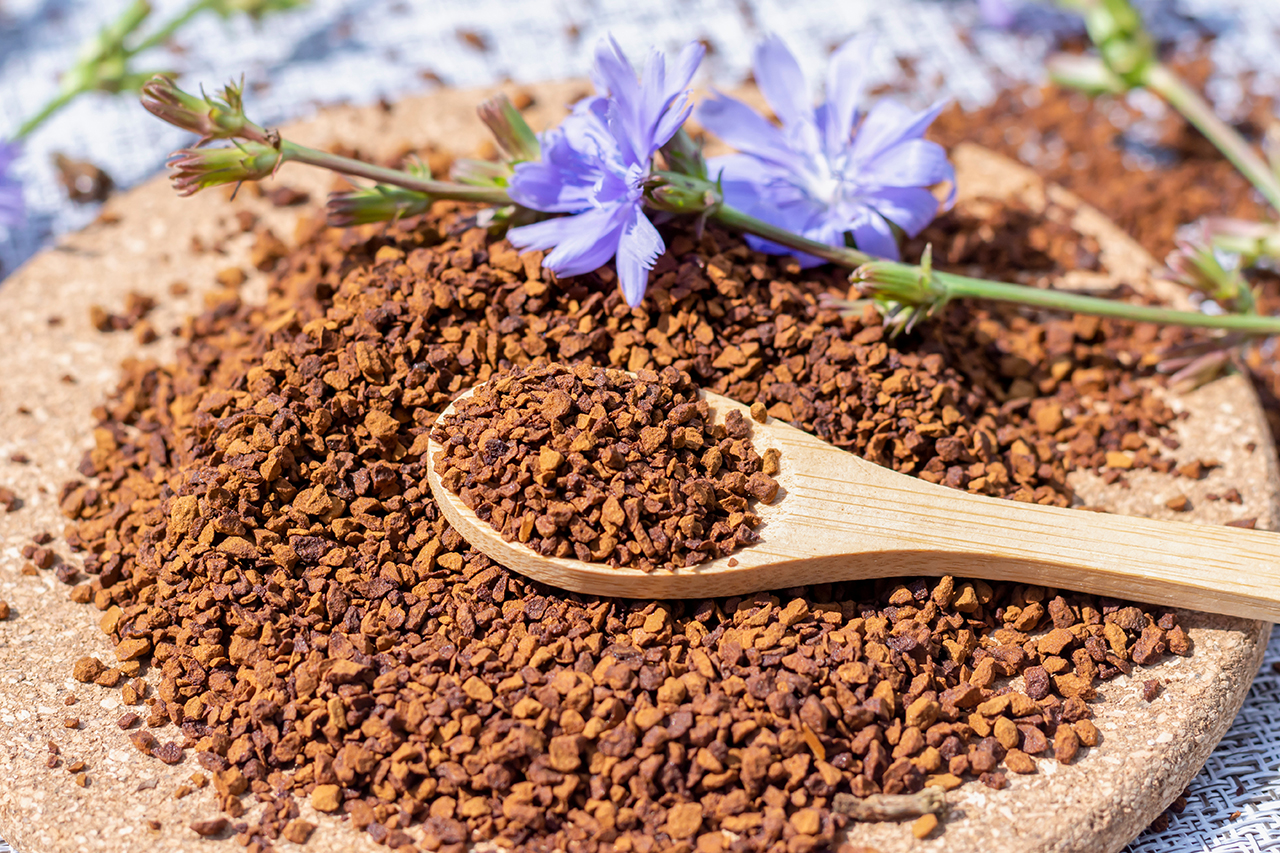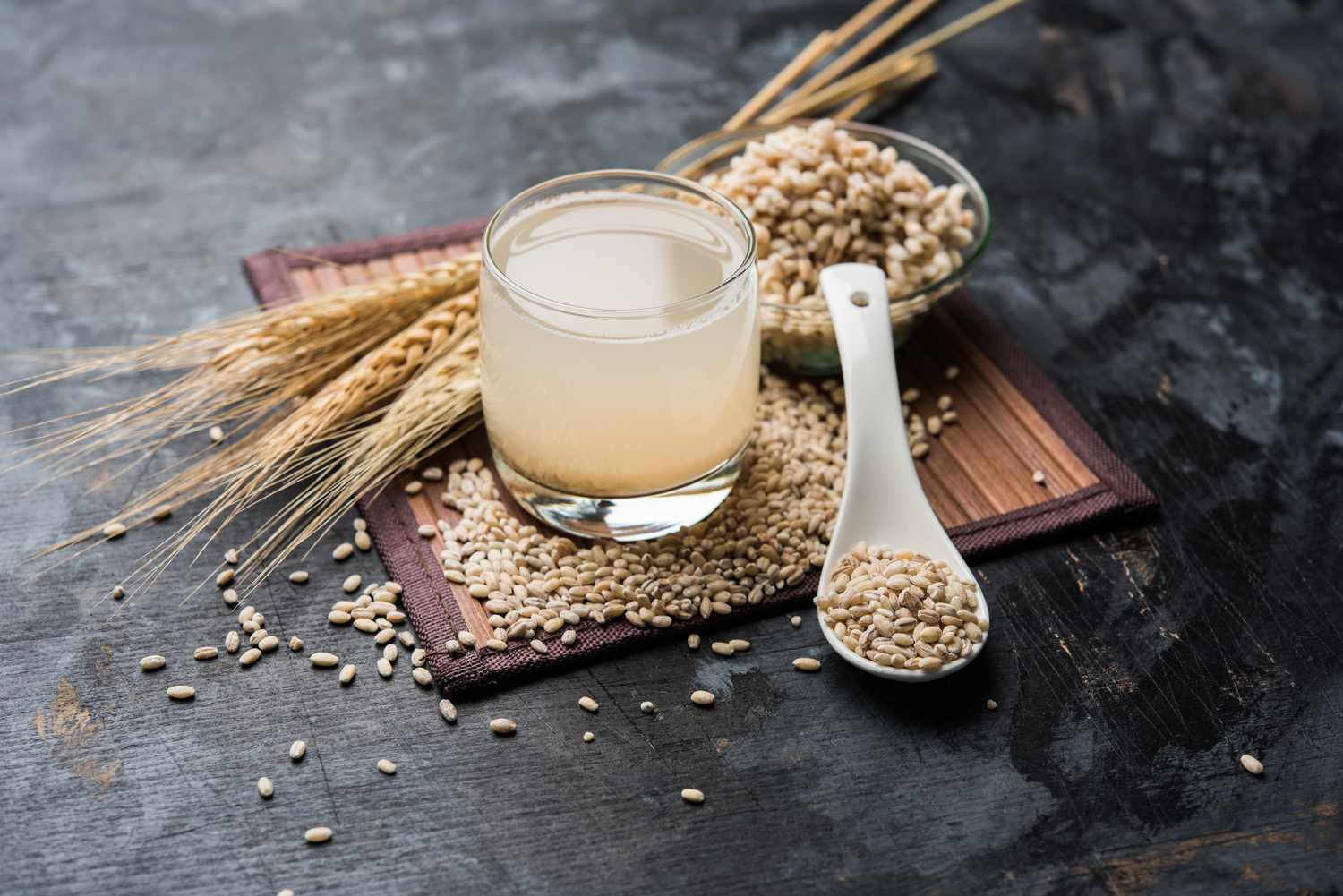Matcha, the vibrant green powdered tea, has transcended its origins in ancient Japan to become a global symbol of health and mindfulness. Introduced to Japan in the 12th century by Zen Buddhist monks, matcha was integral to meditation practices, providing sustained energy and mental clarity. Its preparation and consumption evolved into the Japanese tea ceremony, or chanoyu, emphasizing harmony, respect, purity, and tranquility.
Unlike traditional green tea, where leaves are steeped and discarded, matcha involves consuming the entire leaf, delivering a concentrated dose of nutrients. Rich in catechins, particularly EGCG, matcha boasts potent antioxidant properties that combat oxidative stress. The presence of L-theanine, an amino acid, promotes relaxation without drowsiness, balancing the stimulating effects of caffeine. This unique combination enhances cognitive function, supports cardiovascular health, and may aid in weight management.
Incorporating matcha into daily routines is simple and versatile. Whether whisked traditionally with hot water or blended into lattes, smoothies, and baked goods, matcha offers both culinary delight and health benefits. As consumers increasingly seek natural, functional beverages, matcha stands out as a time-honored choice that nourishes the body and soothes the mind.











